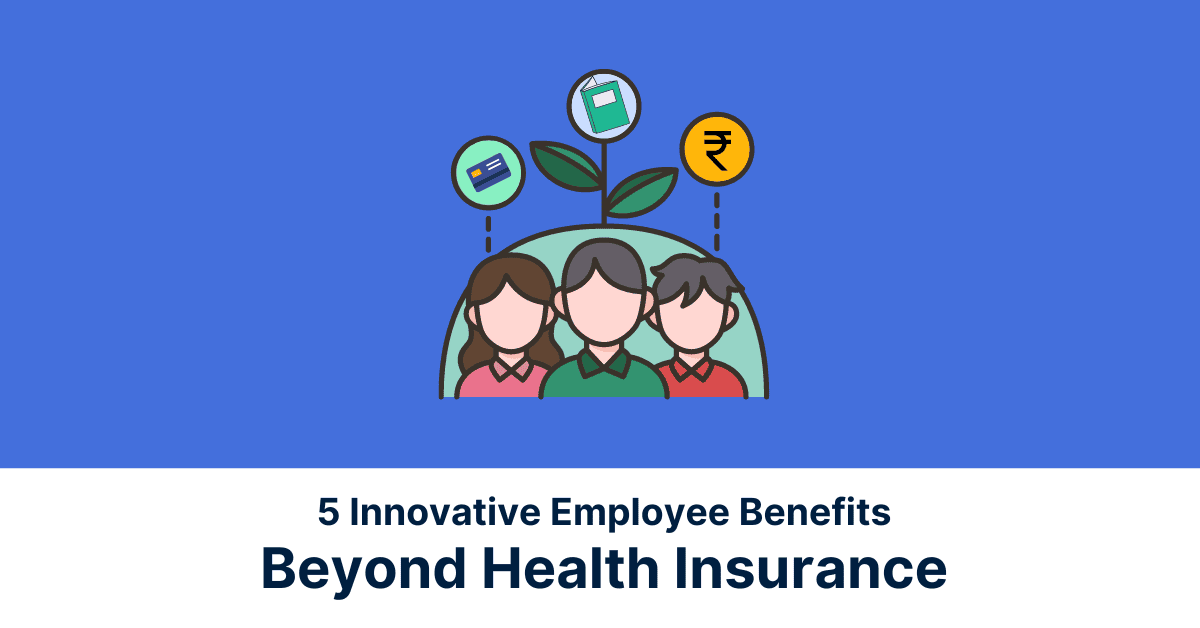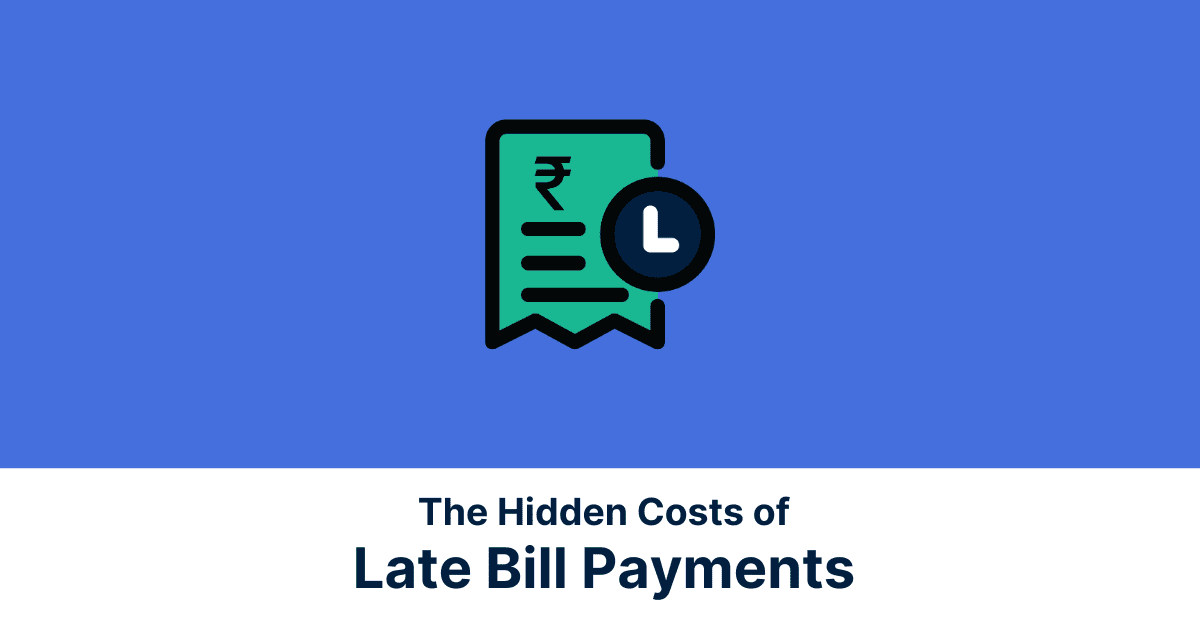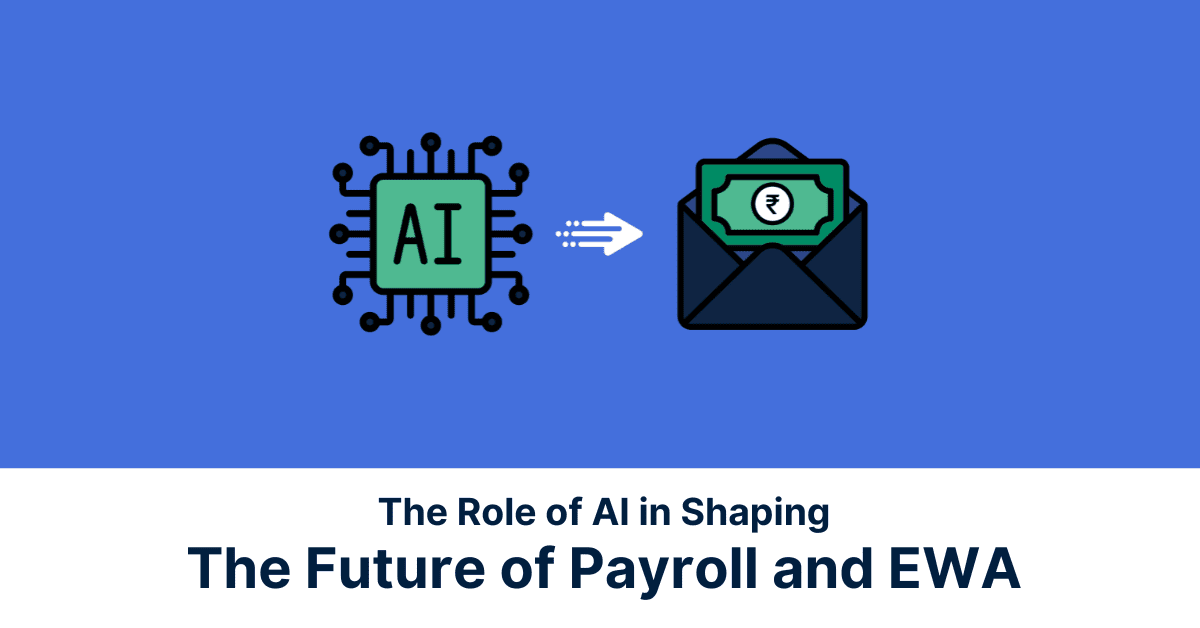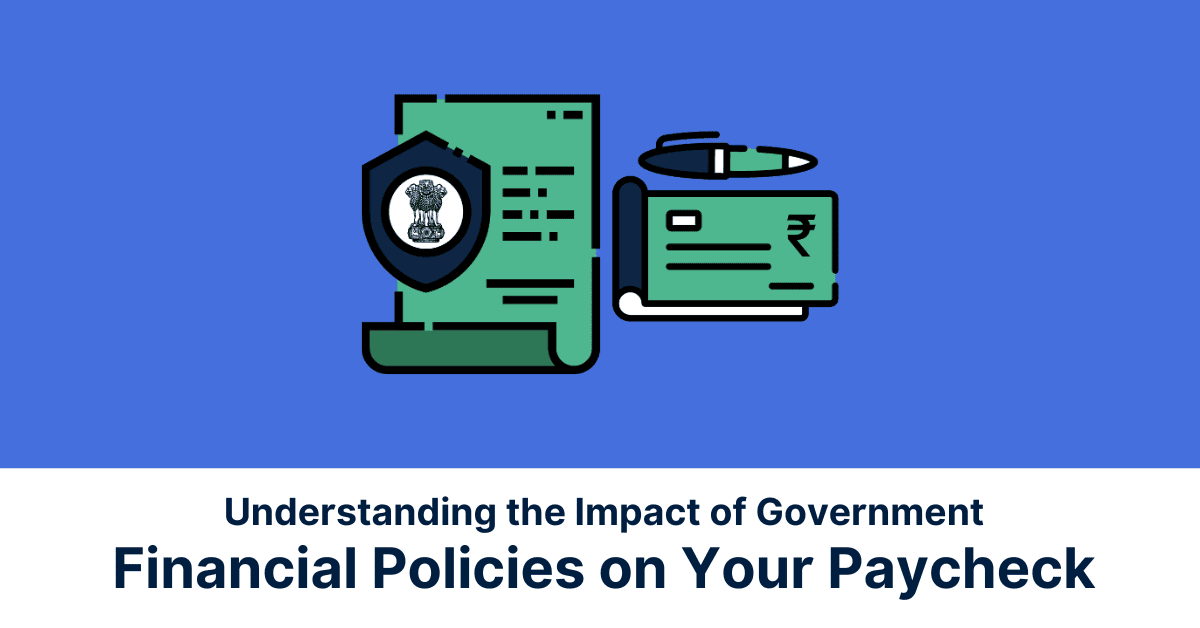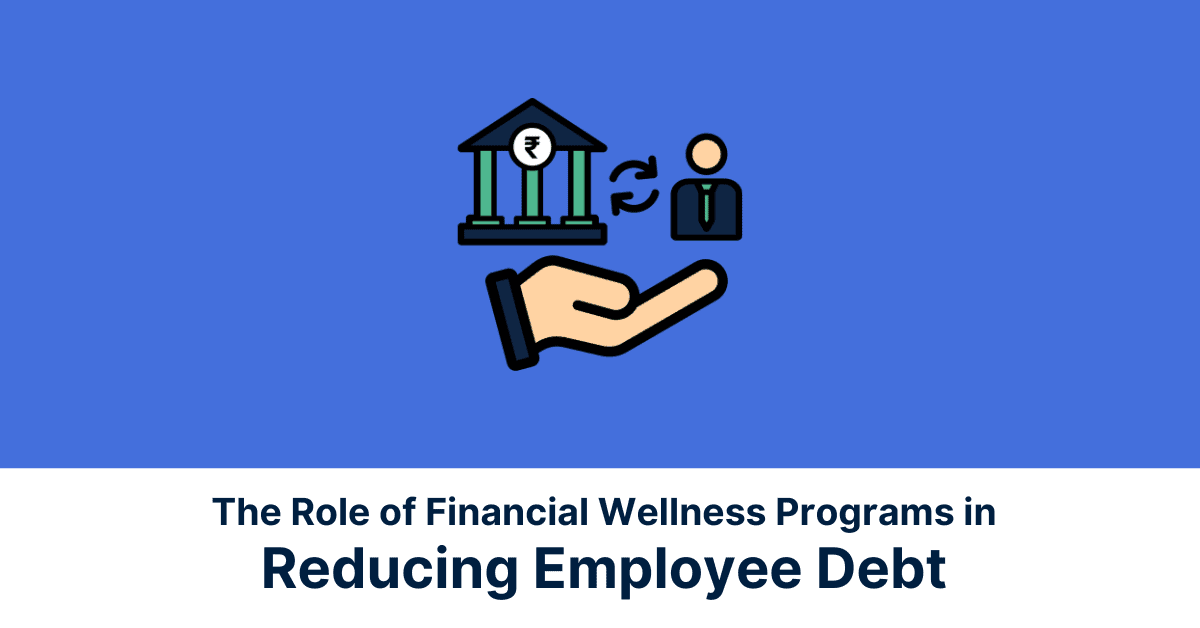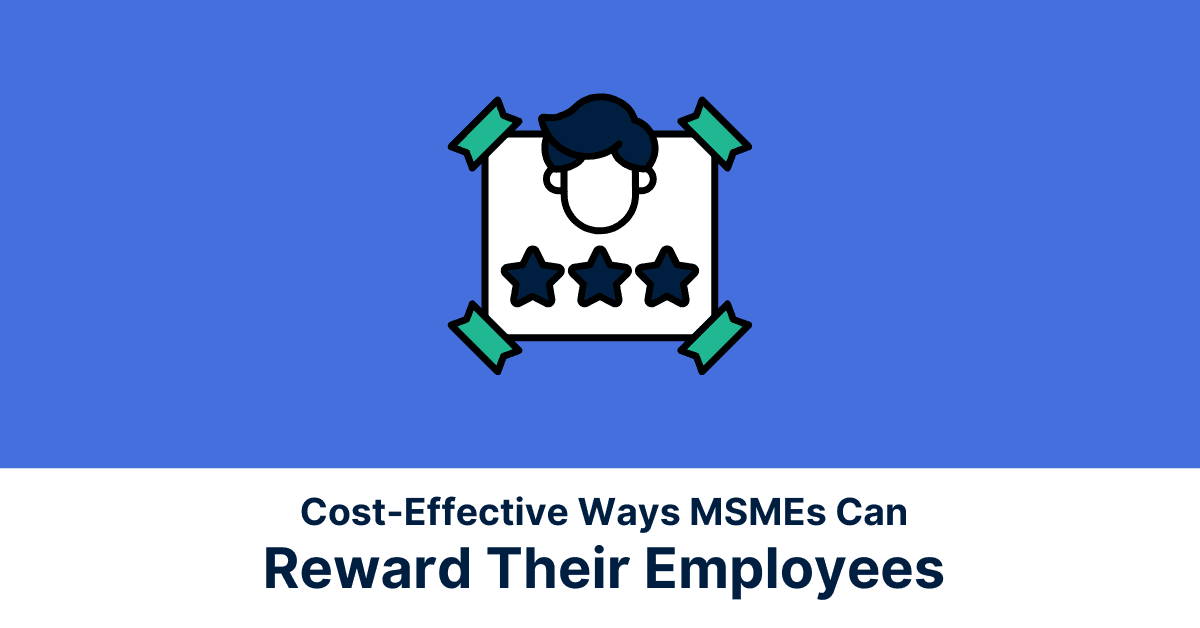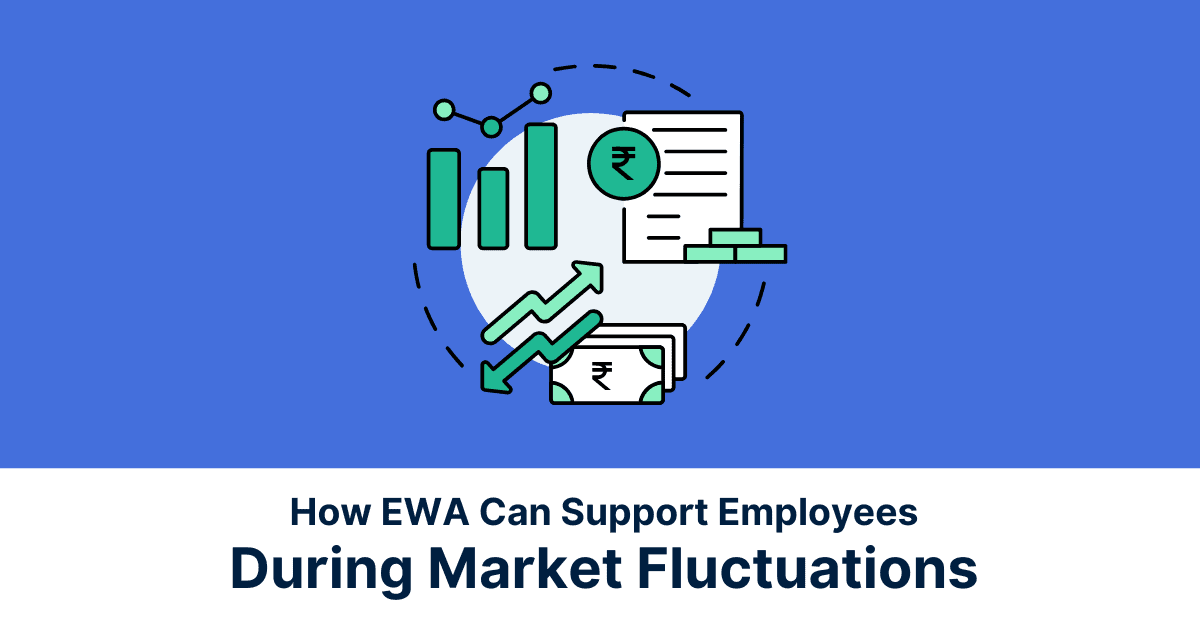In the evolving landscape of employee benefits, the traditional focus on health insurance is no longer sufficient to meet the diverse needs of today’s workforce. While health insurance remains a cornerstone of any comprehensive benefits package, forward-thinking companies are recognizing the importance of offering a broader array of financial benefits. These innovative perks not only enhance employee well-being but also play a pivotal role in attracting and retaining top talent in a competitive job market.
As financial stress continues to be a significant concern for many employees, providing benefits that address this issue is crucial. Financial benefits such as on-demand salary access, employee benefit cards, financial planning services, and retirement savings plans offer employees the tools they need to manage their finances effectively. These benefits help reduce financial stress, foster a sense of security, and ultimately lead to a more motivated and productive workforce.
This blog explores the importance of these innovative financial benefits and provides insights into how companies can implement and maximize them for the benefit of their employees. From on-demand salary access to retirement savings plans, we will delve into the various options available and the positive impact they can have on both employees and employers.
The Importance of Financial Benefits
In today’s competitive job market, offering comprehensive financial benefits is essential for attracting and retaining top talent. While health insurance is a critical component of an employee benefits package, innovative financial benefits play a crucial role in enhancing employee well-being and loyalty. Financial stress is a significant concern for many employees, and providing benefits that address this issue can lead to increased job satisfaction and productivity.
Financial benefits such as on-demand salary access, employee benefit cards, financial planning services, and retirement savings plans can provide employees with the tools they need to manage their finances effectively. These benefits not only reduce financial stress but also foster a sense of security and stability, leading to higher retention rates and a more motivated workforce.
On-Demand Salary Access
On-demand salary access, also known as earned wage access (EWA), is a financial service that allows employees to access a portion of their earned wages before their scheduled payday. This service is gaining popularity as it provides employees with greater financial flexibility and reduces the need for high-interest payday loans or credit card debt.
Benefits of On-Demand Salary Access
- Reduced Financial Stress: By accessing their wages when needed, employees can better manage unexpected expenses and avoid late payment fees.
- Increased Employee Satisfaction: Providing financial flexibility leads to higher job satisfaction and loyalty.
- Better Utilisation of Working Capital: Access to earned wages reduces the stress on the working capital of the organisation which otherwise would have to be utilised for salary advance requests, thereby freeing funds for better utilisation.
- Improved Productivity: Employees with reduced financial stress are more focused and productive at work.
- Lower Turnover Rates: Offering innovative financial benefits helps attract and retain top talent.
- Enhanced Financial Literacy: Regular access to earned wages encourages employees to manage their finances more effectively.
Implementing On-Demand Salary Services
- Evaluate the Need: Assess whether on-demand salary access aligns with your company’s goals and employee needs.
- Choose a Provider: Select a reputable EWA provider that offers secure and user-friendly services.
- Develop a Policy: Create a clear policy outlining how and when employees can access their earned wages.
- Educate Employees: Provide training and resources to help employees understand how to use the service effectively.
- Monitor and Adjust: Regularly review the program’s impact on employee satisfaction and make necessary adjustments.
Employee Benefit Cards
Employee benefit cards are prepaid cards provided by employers that can be used for specific expenses such as food, travel, and wellness. These cards offer a convenient way for employees to manage their expenses while enjoying tax benefits.
Maximizing the Use of Benefit Cards
- Understand the Categories: Employees should be aware of the expense categories covered by the benefit cards.
- Track Expenses: Regularly monitor spending to ensure the benefits are utilized effectively.
- Plan Purchases: Use the cards for planned expenses to maximize the financial advantages/ tax benefits. Additionally, save receipts for potential tax purposes or reimbursement claims.
- Stay Informed: Keep up-to-date with any changes in the policy or additional benefits provided by the employer.
- Choose Wisely: Look for partner merchants or vendors offering discounts.
Financial Planning and Coaching Services
Financial planning and coaching services can significantly improve an employee’s financial well-being by providing personalized advice and support. These services can include budgeting assistance, investment guidance, debt management, and retirement planning.
Companies can offer these services through various means, such as:
- On-site financial advisors
- Partnerships with financial planning firms
- Online financial education platforms
- Workshops and seminars on financial topics
Implementing Financial Planning Services
- Assess Employee Needs: Conduct surveys or focus groups to understand the financial challenges employees face.
- Partner with Experts: Collaborate with financial planners or institutions to offer workshops, seminars, and one-on-one coaching sessions.
- Promote Participation: Encourage employees to take advantage of these services through regular communication and incentives.
- Monitor Effectiveness: Evaluate the impact of the financial planning services on employee satisfaction and financial health.
Retirement Savings Plans
Offering retirement savings plans is essential for helping employees secure their financial future. These plans provide a structured way for employees to save for retirement, often with tax advantages and employer contributions.
Types of Retirement Savings Plans
- Employee Provident Fund (EPF): A government-backed savings scheme where both the employee and employer contribute a percentage of the employee’s salary.
- Public Provident Fund (PPF): A long-term savings scheme with tax benefits, suitable for self-employed individuals.
- National Pension System (NPS): A voluntary retirement savings scheme that offers market-linked returns and tax benefits.
Encouraging Participation in Retirement Plans
- Employer Contributions: Offer matching contributions to incentivize employee participation.
- Education Programs: Provide information sessions and materials to educate employees about the benefits of saving for retirement.
- Automatic Enrollment: Implement automatic enrollment with an option to opt-out, ensuring higher participation rates.
- Regular Updates: Keep employees informed about their account status and the performance of their investments.
Professional Development Opportunities
Investing in professional development opportunities is another way to enhance employee satisfaction and retention. Offering courses and programs for employees to upskill not only benefits the individual but also contributes to the company’s growth.
Some professional development opportunities to consider include:
- Online course subscriptions (e.g., Coursera, Udemy, LinkedIn Learning)
- Industry certifications and exam fee reimbursements
- Conference and workshop attendance
- In-house training programs and mentorship opportunities
- Cross-functional project assignments
- Leadership development programs
- Educational sabbaticals or study leaves
Tips to Implement New Employee Benefits
- Identify Needs: Conduct surveys or interviews to understand what benefits employees value most.
- Pilot Programs: Start with a pilot program to gauge interest and effectiveness before a full rollout.
- Communicate Clearly: Ensure employees are aware of the new benefits and how to access them.
- Gather Feedback: Regularly collect feedback to refine and improve the benefits offered.
- Measure Impact: Track key metrics such as employee satisfaction, retention rates, and productivity to assess the impact of the benefits.
Conclusion
Incorporating innovative employee benefits beyond health insurance can significantly improve employee well-being, satisfaction, and retention. Financial benefits such as on-demand salary access, employee benefit cards, financial planning services, and retirement savings plans address critical aspects of financial stress and security. Additionally, providing professional development opportunities ensures that employees continue to grow and contribute to the company’s success. By implementing these benefits thoughtfully, employers can create a supportive and productive work environment that attracts and retains top talent.
*Disclaimer:
The information contained herein is not intended to be a source of advice concerning the material presented, and the information contained in this article does not constitute investment advice. The ideas presented in the article should not be used without first assessing your financial situation or without consulting a financial professional.
